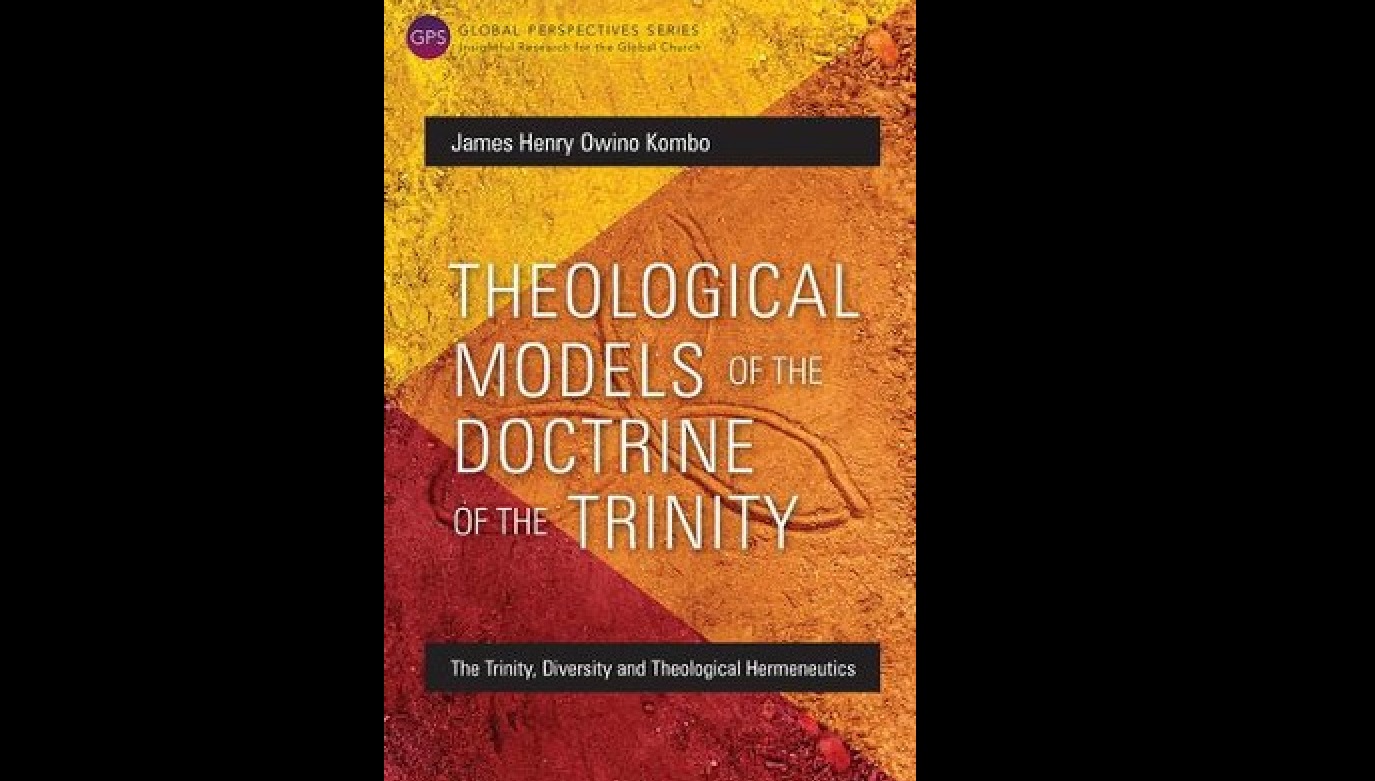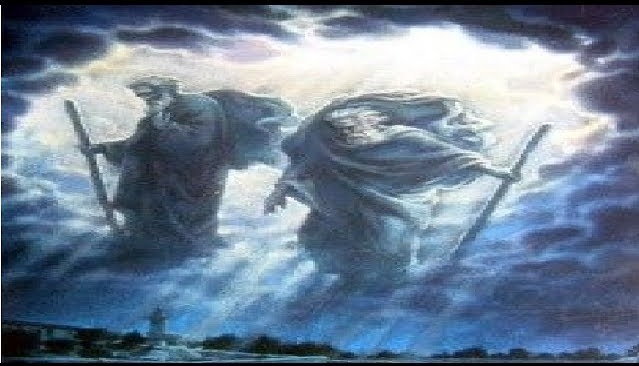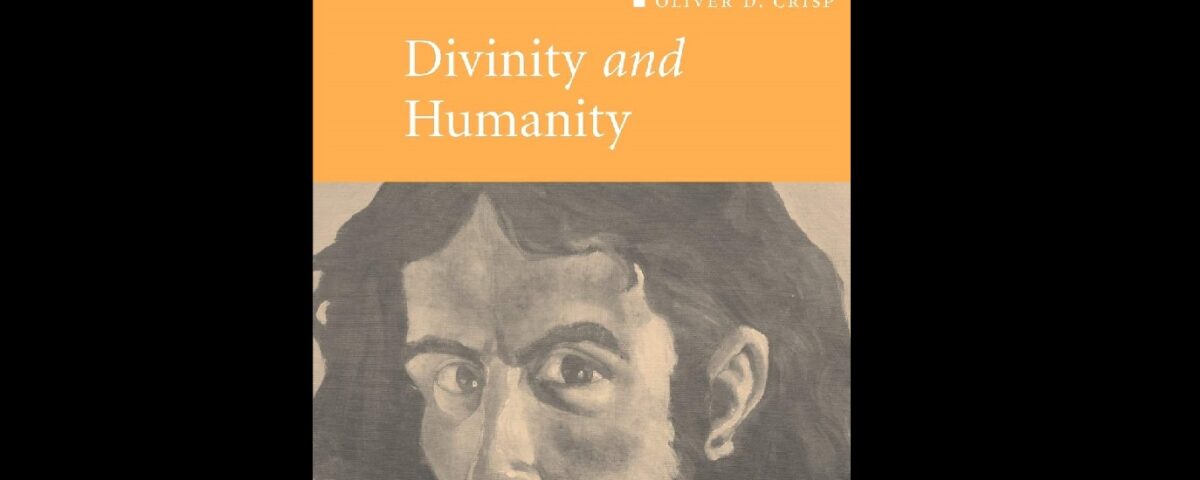
Plato & the Church Fathers
January 7, 2024
Two Powers in Heaven heresy
February 19, 2024Two wills of Christ: monothelitism

Divinity and Humanity: The Incarnation Reconsidered By Oliver D. Crisp · 2007
According to the Sixth Ecumenical Council of the Church in Constantinople (AD 680-681), there are two wills and two centres of action in Christ, but not two persons:
“We likewise declare that in him [Christ] are two natural wills (dyo physikas theleseis) and two natural operations (dye physikas energeias) indivisibly, inconvertibly, inseparably, inconfusedly, according to the teaching of the holy Fathers. And these two natural wills are not contrary the one to the other (God forbid!) as the impious heretics assert, but his human will follows and that not as resisting and reluctant, but rather as subject to his divine and omnipotent wills”
The Third Council of Constantinople was convened to attempt to bring some clarity to the controversy surrounding monothelitism (the idea that Christ had only one, divine, will). This view was developed in the forlorn hope of reconciling monophysites alienated by Chalcedon, who, like Apollinarius, taught that Christ had one (divine) nature, not two (divine and human). But monothelitism was regarded as a betrayal of Chalcedon by a number of theologians, including Maximus the Confessor, whose work carried the day for dyothelitism at Constantinople.
But it is worth pointing out that the Fathers of the Third Council of Constantinople felt that their development of Chalcedonian Christology was in the spirit of Chalcedon in a way that monothelitism, with an eye towards reconciling the monophysites, was not. Be that as it may, some recent philosophical theologians, believing that possession of two wills implies two persons rather than two natures in one person, argue that an abstract-nature view of Christ’s human nature is preferable to a concrete-nature view, despite the fact that it seems monothelite? An advocate of such a two-part Christology could still claim to be Chalcedonian. After all, it could be argued, the monothelite controversy did not make its way into conciliar documents until AD 681, fully 230 years after the Chalcedonian definition was drafted. Taken at face value (and without the historical development of the Chalcedonian position in the canons of Constantinople in AD 681), it could be thought that an abstract-nature view that implies monothelitism is still orthodox because it is consistent with the letter of the Chalcedonian definition, which says nothing about whether Christ had one or two wills. But this seems unsatisfactory, not least because it means pitting the canons of one ecumenical council against another. Why accept the decree of Chalcedon and not the decree of the Third Council of Constantinople? If it is thought that the authority of one ecumenical council is not on a par with another, then some argument has to be given as to why this is the case.
